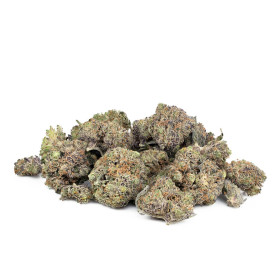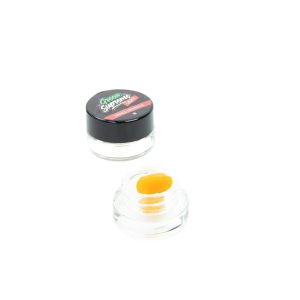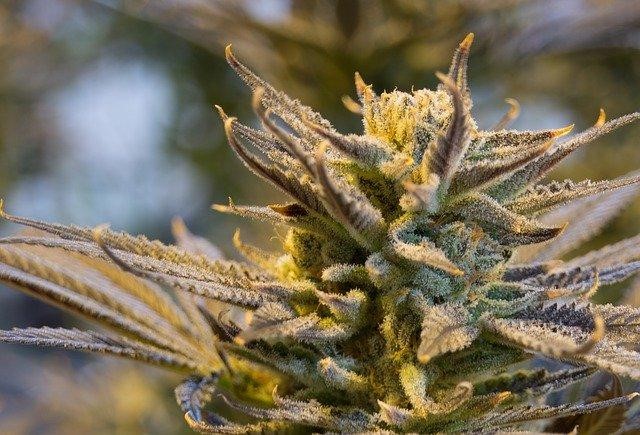Does marijuana have any mental health benefits?
Considering the increased awareness of mental health’s importance in recent times, this question is worth answering. Experts, medical personnel, and alike all now agree that your mental health is equally as important as your physical health.
In some circles, it’s argued that your mental health can even affect your physical health!
Let’s go back to marijuana’s health benefits. As more research is done in this area, medical experts, researchers, and scientists have concluded that medical marijuana has a positive impact on mental health.
Randomized clinical trials have proven that individuals suffering from social anxiety disorder, tobacco use disorder, depression, neuropathic pain, multiple sclerosis, dementia, and Parkinson’s disease can benefit from consuming medical marijuana.
In this piece, we’ll explore the various marijuana health benefits. We will also discuss the benefits of medical marijuana for pain. It’s important to discuss these benefits because most of us consider marijuana a narcotic due to marijuana’s age-old uses of marijuana.
What is Medical Marijuana?
Medical marijuana comes from leaves of the cannabis sativa plant. The same plant is also used to derive recreational marijuana. However, with medical marijuana, the leaves are dried and used for medical purposes.
The Cannabis Sativa plant comes loaded with over a hundred different chemicals. These chemicals, called cannabinoids, all have other effects on your body. However, two of them – cannabidiol (CBD) and Delta-9-tetrahydrocannabinol (THC) – are used for medicinal purposes.
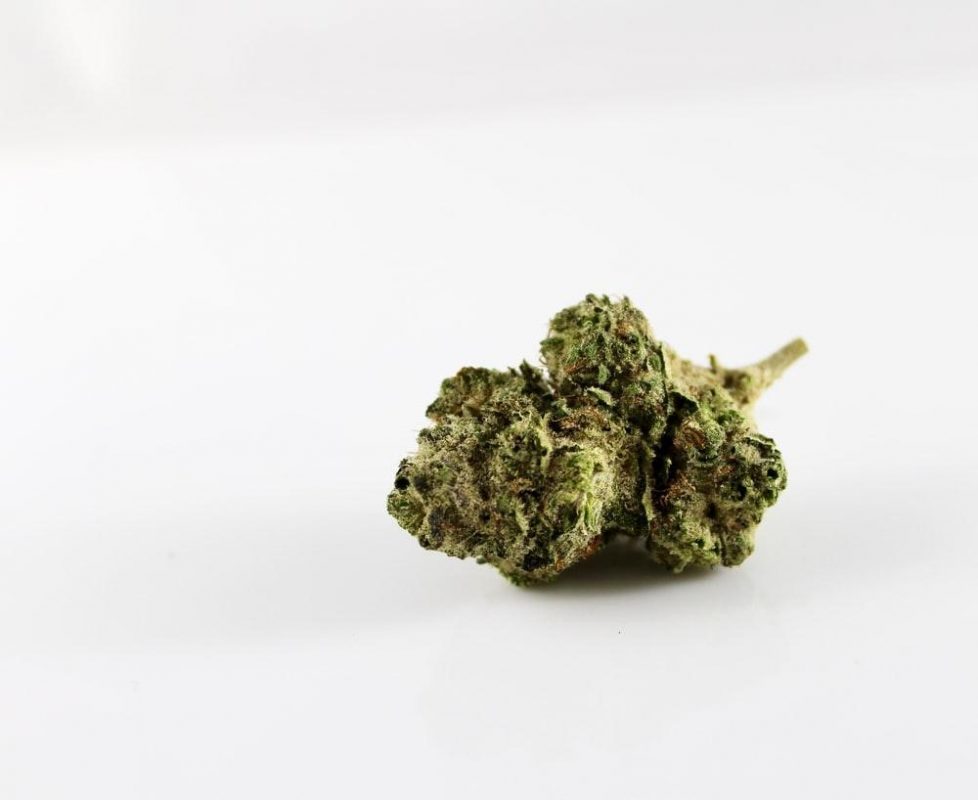
THC is also the chemical that induces the “marijuana high” you get when you smoke cannabis or eat meals or mixtures containing it.
What is Marijuana’s Mental Health Benefits?
Here are a couple of marijuana health benefits:
Schizophrenia Treatment
Schizophrenia presents itself in patients by inducing speech issues and hallucinations. Individuals suffering from this condition lose their sense of reality due to damage to their brain function.
Research and anecdotal evidence have shown that medical marijuana can potentially combat psychotic effects on the brain. As with anything medical, these studies are still ongoing. However, marijuana enables the nervous system to connect to neurons firing from the brain. This helps transmit messages to all body parts at the right time.
Psychosis affects or alters the transmitting of messages from the brain. By aiding this process, marijuana can help patients suffering from schizophrenia recover.
Stress Management
We all like to deny it, but stress hits our bodies hard. In extreme cases, it can lead to conditions like high blood pressure, depression, fatigue, a drop in your sex drive, weight loss or gain due to stress eating, and even skin inflammations such as Psoriasis and acne.
When your body experiences a stressful situation, it goes into what physicians call the “fight or flight mode.” When this happens, your heart rate accelerates, and pupils dilate. Your blood pressure also temporarily increases as your body prepares to flee or fight the obstacle/situation.
While all this is going on, your endocrine system secrets a hormone called cortisol. Cortisol is known as the “stress hormone.”
So, how does medical marijuana help in all of this?
Consuming it orally induces a calming effect on your body. It also helps reduce the pain from headaches, control your appetite surges so that you don’t indulge in stress eating. If you are prone to panic attacks during a stressful situation, taking medical marijuana regularly can better deal with it.
Anxiety and Depression Treatment
Anxiety and depression are becoming a regular occurrence among individuals nowadays. The most common causes are work pressure due to tight schedules and large workloads, relationship issues, and increased access to information, which means our brain is forced to process the problems we can do nothing about.
All these issues lead to conditions such as erectile dysfunction, headaches, fatigue, and insomnia. These are usually symptoms of anxiety, which, if left untreated, can spiral into clinical depression.
The THC component of marijuana helps the body release endorphins. Endorphins are “happy hormones” and help you feel happier and better.
When used regularly, medical marijuana can slowly reduce the effects of depression and anxiety. It also helps to clear the fog that envelops the mind due to excessive worrying.
Improved Cognitive Abilities
As we get older, our brains gradually start to degenerate – our neural nerves lose their plasticity, and neurons and synapses don’t fire as fast as they used to.
However, medical marijuana enables you to slow down this process. The CBD component of marijuana helps stimulate the growth of brain cells. It also enhances your ability to focus, memorize, understand, and learn new concepts.
CBD acts as an anti-inflammatory salve to your brain cells. This results in a strengthening of the synapses and neurons. This also means it can be used to treat neuro-inflammatory diseases – such as sepsis and meningitis.
PTSD Treatment
Unpleasant or horrible experiences/trauma usually hurt the brain, even if they happened during your childhood. This condition is called Post-Traumatic Stress Disorder (PTSD). Most people tend to discount this, but the rise in mental health awareness is changing that.
Parents also need to modify how they treat their kids, as childhood trauma plays a significant role in adulthood.
To treat PTSD effectively, the body requires an elevation of its serotonin levels. On its own, the body may not be able to secrete the necessary serotonin levels for fighting this terrible condition.
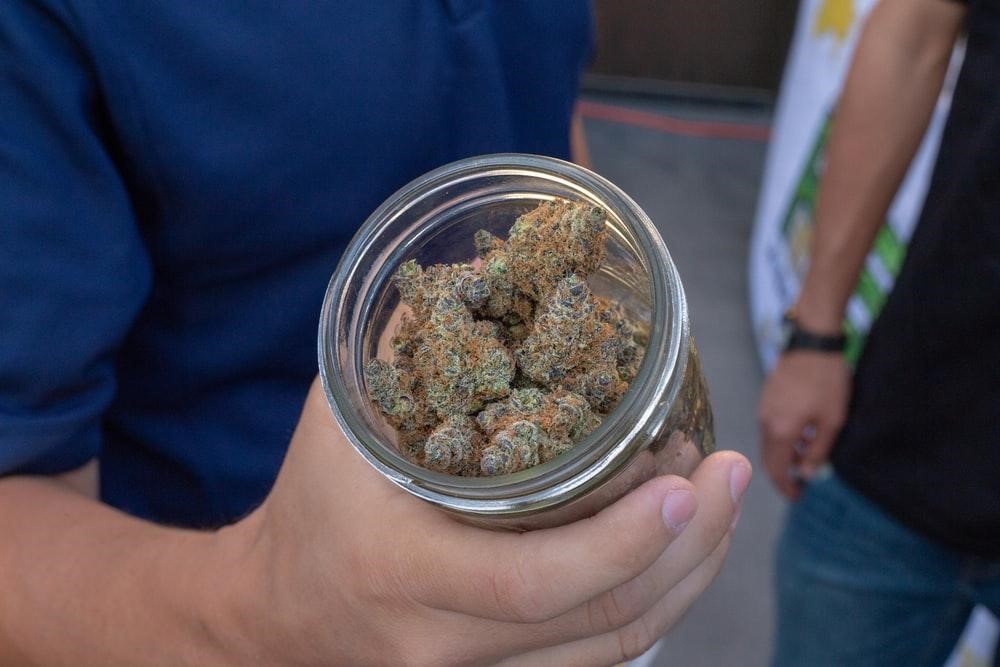
However, research shows that medical marijuana may induce the brain to trigger the secretion of serotonin. Marijuana also helps by reducing insomnia and recurring nightmares – some of the symptoms of PTSD.
Seizure Prevention
Other than reinvigorating the brain and its production of new brain cells, medical marijuana also promotes the brain’s much-needed electrical activity. A positively charged brain reduces the occurrence of seizures in epileptic patients.
Studies show that patients dealing with Dravet syndrome and Lennox-Gastaut syndrome can also benefit from taking medical marijuana regularly. Medical marijuana also reduces the occurrence of seizures due to these two conditions.
Conclusion
Marijuana has been famous for its use as a psychoactive drug for ages. However, it’s clear that marijuana benefits the body in various ways, especially with your mental health.




